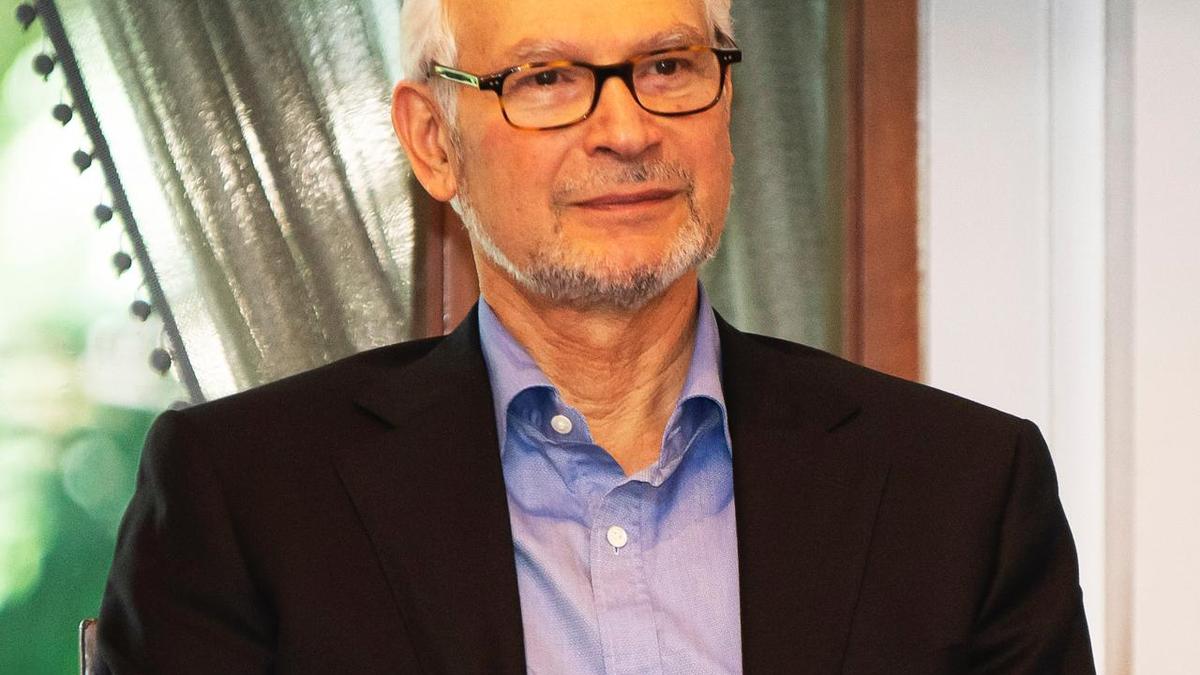Daimler India Commercial Vehicles (DICV), the wholly owned subsidiary of Daimler Truck AG, announced its foray into the Indian light duty truck segment with plans to roll-out the all electric eCanter (third generation) in the next six to 12 months.
“Initially, these trucks will be imported from Japan,” DICV MD & CEO Satyakam Arya told reporters. “Later it will be assembled at Oragadam plant and sold under BharatBenz name. We will not shy away from localising it, if the volume makes sense,” he added.
Currently, DICV is conducting advance trials with two to three trucks. It will be followed by customer trials, he said, without divulging details about the production plans and tonnage.
Asserting that it was the first step in DICV’s long-term strategy to decarbonise its entire product portfolio, he said that in reality both diesel internal combustion engine (ICE) and other technologies would continue to co-exist in the Indian market for the foreseeable future.
“LNG, if used at all, will be an interim, tactical solution for long haul transportation. We will primarily commit to battery-electric and hydrogen-based propulsion technologies across our future product portfolio,” he said.
DICV has already developed a BharatBenz hydrogen fuel cell concept coach in alliance with a large Indian conglomerate. In the future, DICV would introduce trucks across different utility segments that would serve long-haul, mining, construction, POL, dumper and ready-mix concrete segments for varied freight and terrain requirements.
The series production of the first-generation eCanter started in Japan in 2017. Now in its third generation, eCanter has a significant presence in major markets including Europe, Australia, New Zealand, Singapore and Hong Kong with a 100 variants.
Daimler Truck had sold more than 2,500 eCanters in gross vehicle weight range of 3.5-7.5 tonne and had covered 8 million kms. In 2023, it sold more than 1,600 units and was aiming to sell more this year, said Daimler Truck Asia Head Karl Deppen.
Daimler Global Truck Technology Head Andreas Gorbach said that Daimler Truck was striving for its new trucks and buses to be carbon neutral in Europe, Japan and the U.S.A. by 2039, and globally by 2050.
He also said that the long-term plan hinged on many complex external factors such as the availability of a charging and refuelling infrastructure, green energy, cost parity and wide-scale customer acceptance. Therefore, Daimler’s initial focus with the eCanter was to achieve product and service excellence, along with customer acceptance.
According to him, two mega trends happening globally were decarbonisation and digitisation. Daimler would still invest in diesel and aim to stay competitive with a consolidated portfolio.

 1 week ago
91
1 week ago
91




